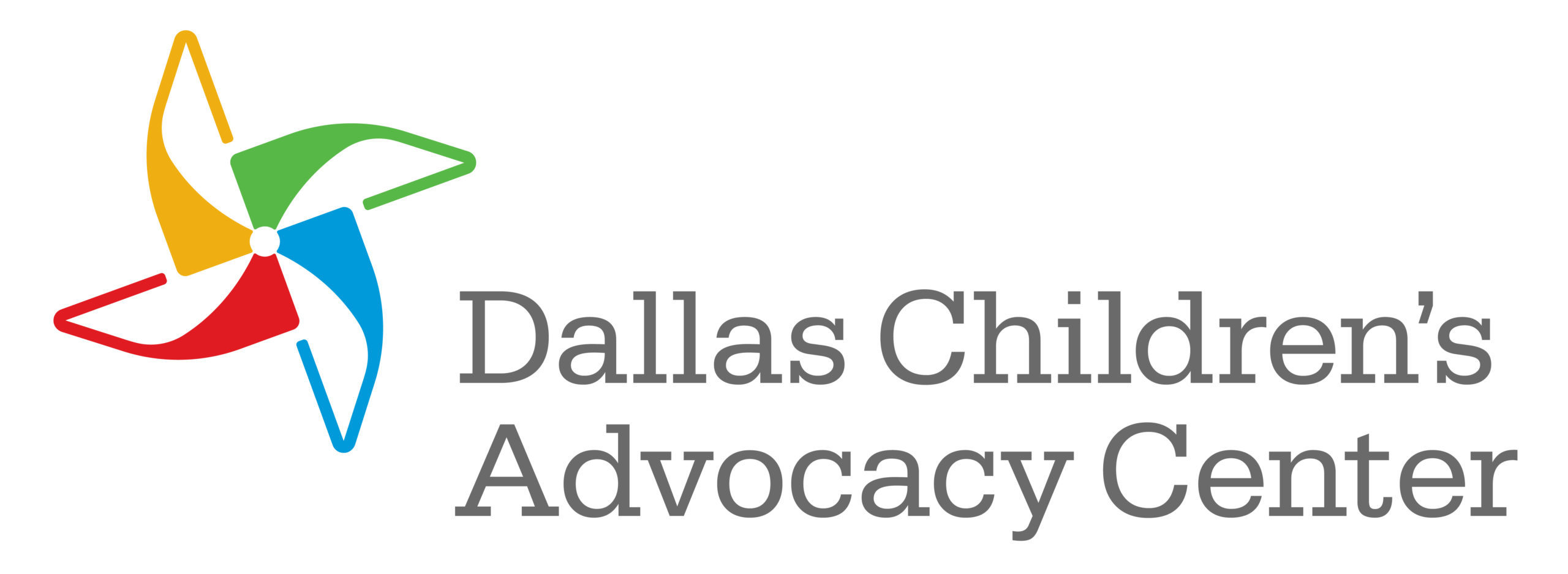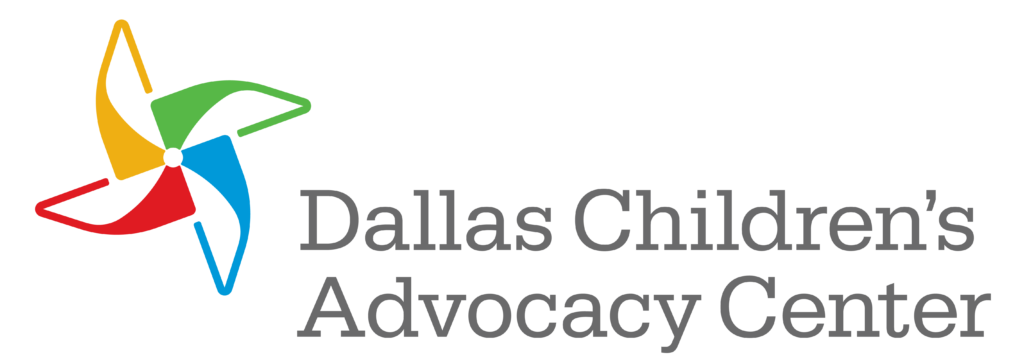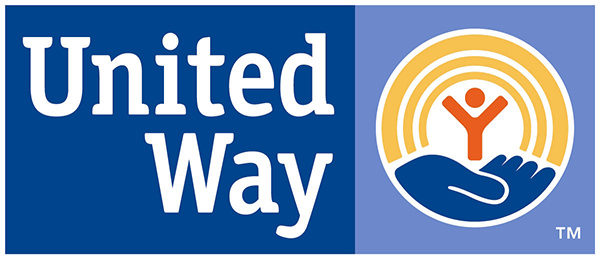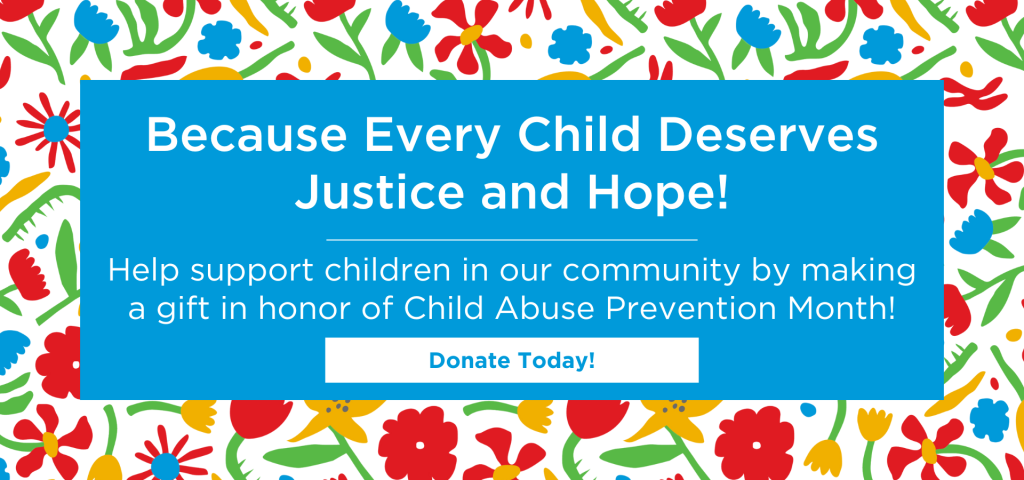
What is your role within the agency?
I am a part of the Center’s Multidisciplinary Coordination Team (“MDT Coordination” Team), which is comprised of both Case Coordinators, who focus on the investigative portion of child abuse cases, and Care Coordinators, who focus on victims of child sex trafficking/high-risk youth and the services they need. Each member of the team is cross-trained in both case and care coordination, allowing us to step in and assist team members when needed. We each rotate through an on-call schedule to respond to Rapid Response calls when a youth is recovered after allegations have been made of child sex trafficking and/or commercial sex trafficking. Both teams work very closely with as many as 35 partner agencies and several service providers, all tirelessly pushing forward towards justice and healing for the population we serve.
What does an average day look like for you?
My specific role within the agency is as an MDT Coordinator. As a coordinator on this team, I am responsible for ensuring that our multidisciplinary team partners have the information they need for their investigations. This includes reading through and reviewing each report of suspected child abuse made in Dallas County to the Texas Department of Family and Protective Services (DFPS), ensuring the cases meet our CAC criteria and documenting this in our database. A case meets DCAC’s services criteria if it rises to the level of criminal offense. DCAC sees victims of sexual abuse, severe physical abuse, child abductions, child sex trafficking/high-risk youth, and children who have witnessed violent crimes such as a homicide.
Each morning, the Assistant Director of MDT Coordination runs a report of cases that meet CAC criteria and need to be coordinated with law enforcement and DFPS. A list of cases is then sent to each MDT Coordinator. We read over the intake, confirm the case meets our criteria, and then accept the case to coordinate. I also follow up on previous cases and work to make sure forensic interviews are getting scheduled. Our team also helps coordinate any “Priority 1” cases that come during the day for a forensic interview, so sometimes we must adapt our plans to meet a case’s needs. A Priority 1 case includes all reports of child abuse made to DFPS of children who appear to face an immediate risk of abuse or neglect that could result in death or serious harm.
What is your favorite part about your job?
My favorite part of this role is being able to help start a child’s journey toward healing. The life of a case at DCAC starts the moment we accept that intake as a coordinator, and we help shepherd that child and their family towards justice and healing. I have a passion for ensuring that children and families are provided with the opportunity to heal from trauma and painting a picture of hope for each of them.
Why is Child Abuse Prevention Month important?
Child Abuse Prevention Month is important because it helps us raise awareness of what child abuse entails. If one person sees a single piece of education throughout the month of April, it could mean all the difference in a child’s life. I believe bringing this topic to the forefront forces our communities to see that child abuse happens all around us and is not concentrated in a certain zip code, neighborhood, demographic, etc. Children are our future, and we owe it to them to keep them safe.
To learn more about DCAC’s MDT Coordination Team and the services they provide, visit https://dcac.org/what-we-do/mdt/.





